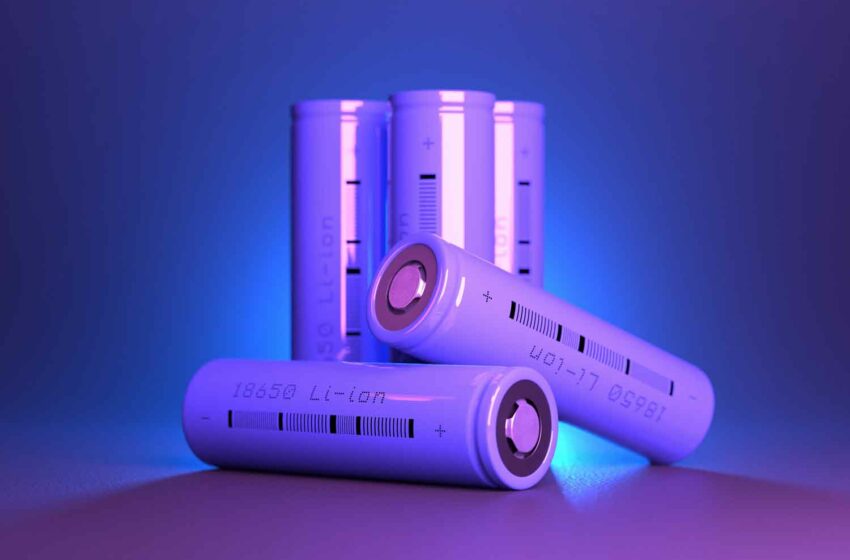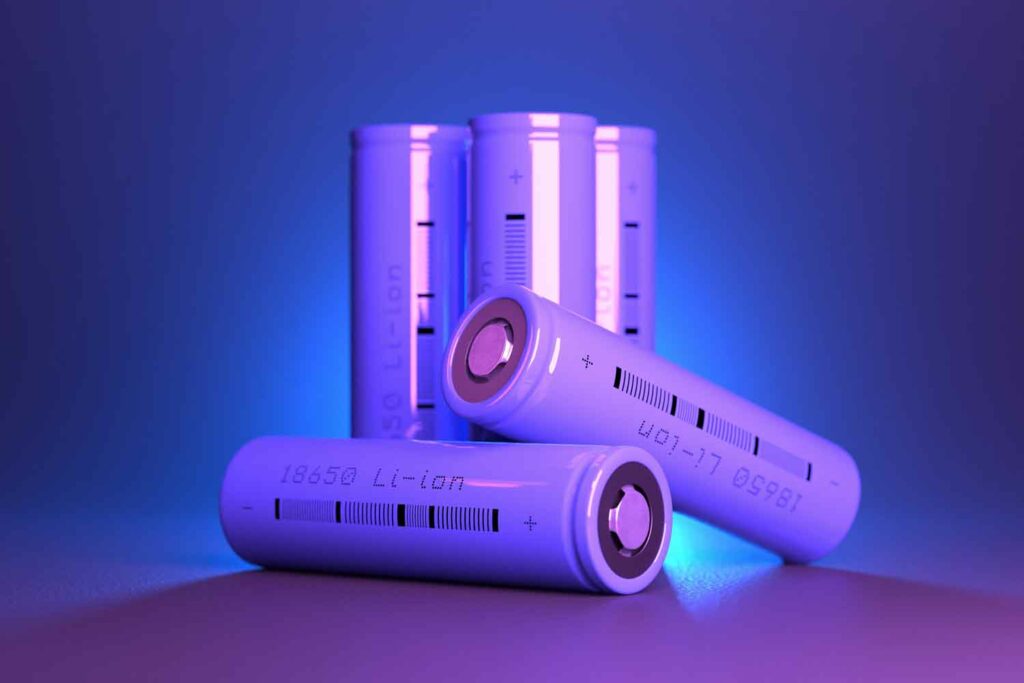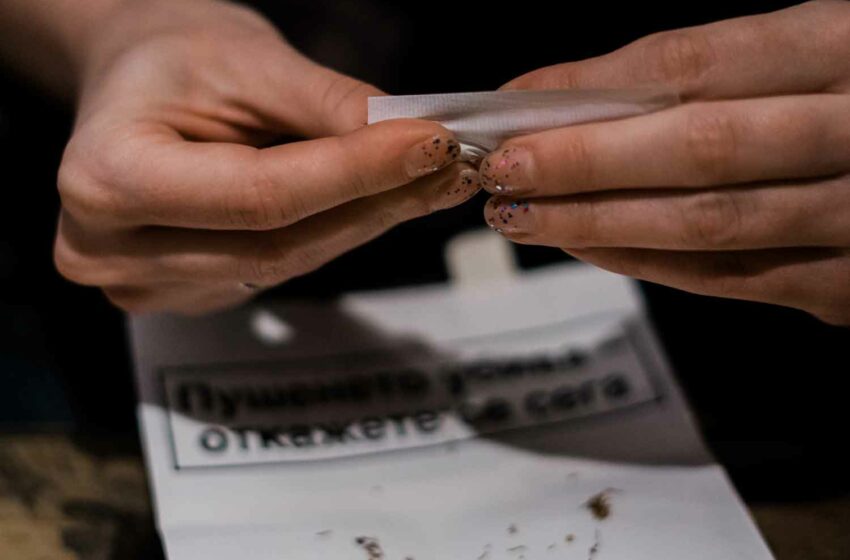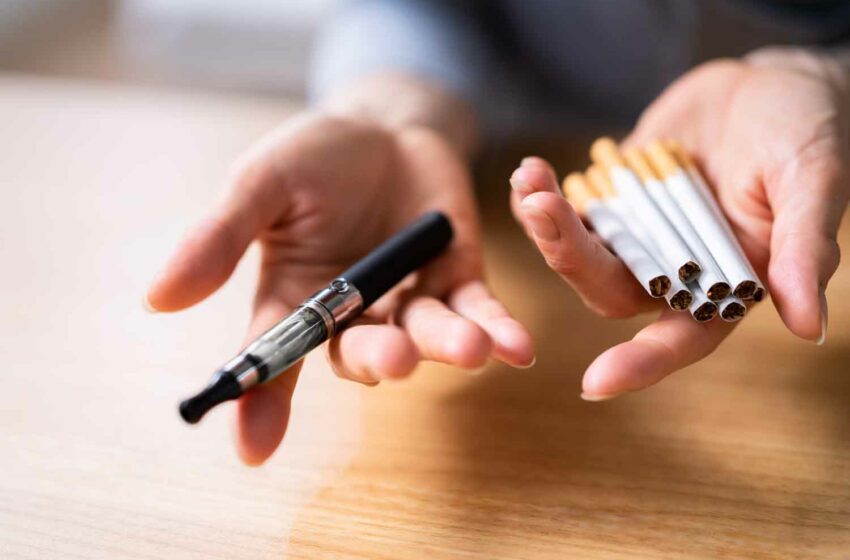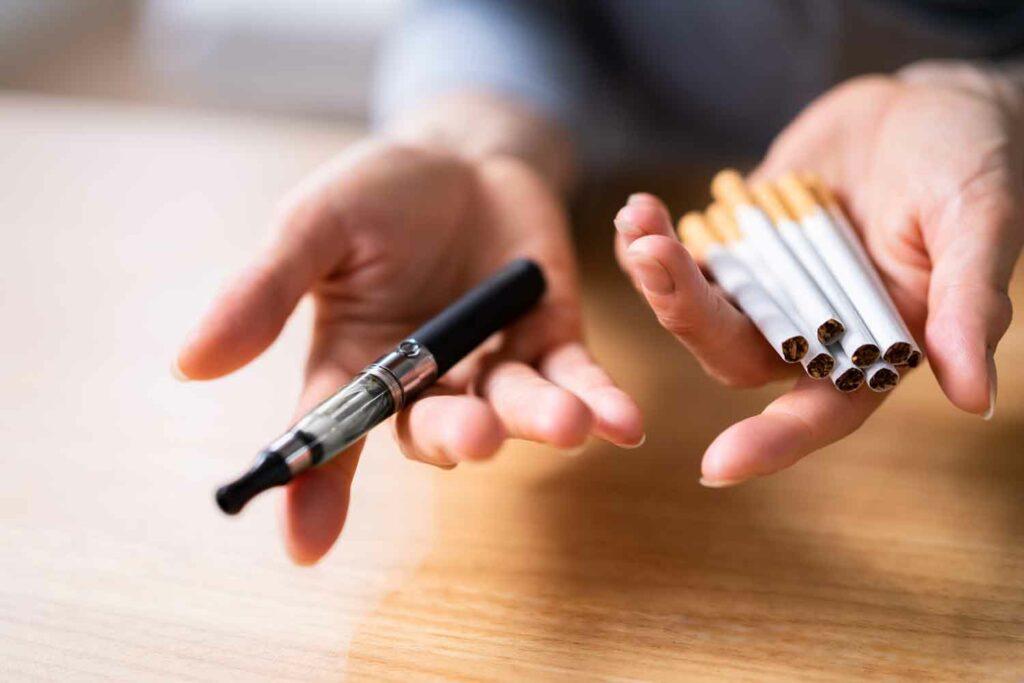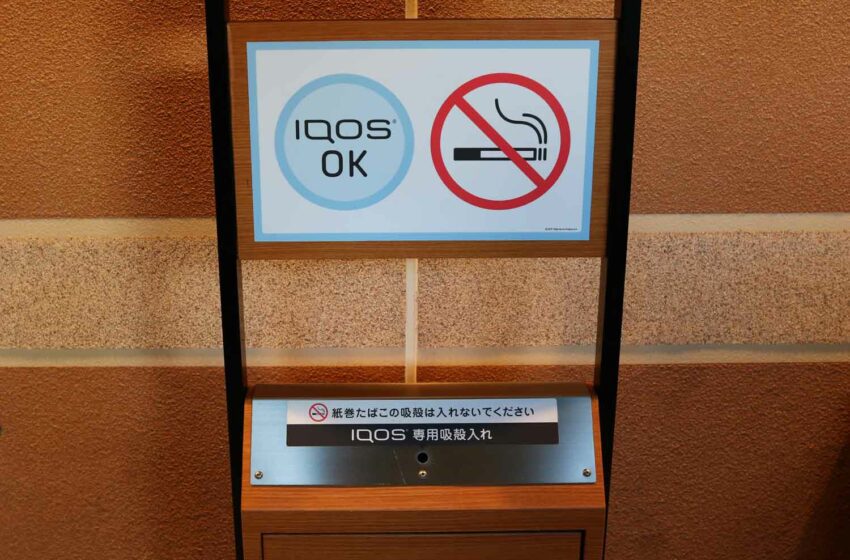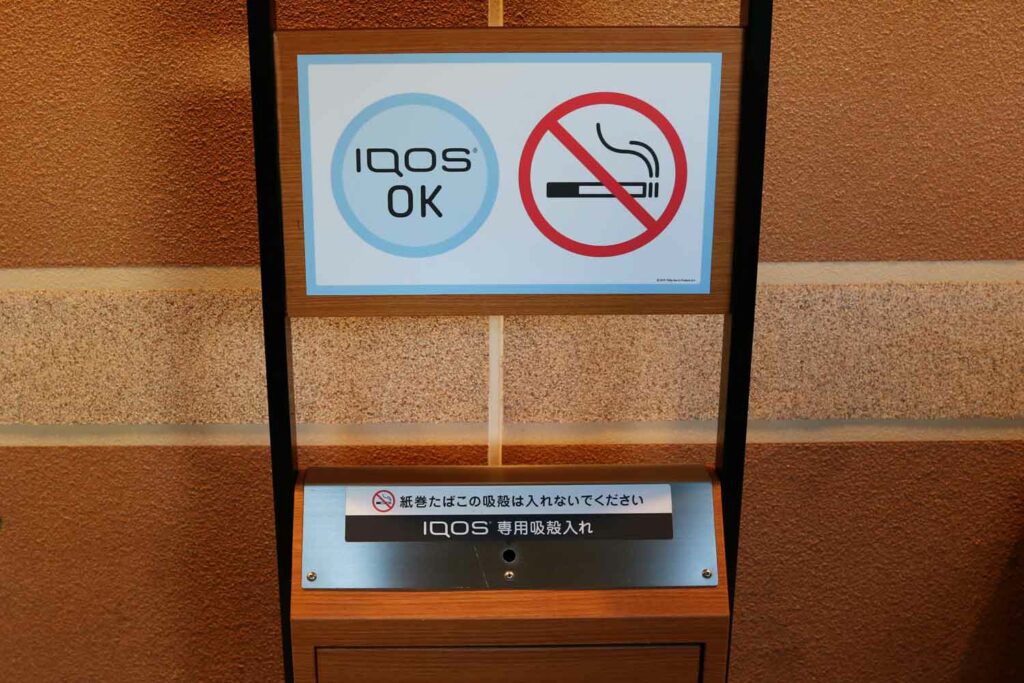Imperial Brands has called for a ban on vapes that are deliberately marketed to young people. In its response to the U.K. government’s consultation on “creating a smoke-free generation and tackling youth vaping,” the company argued for stronger enforcement of existing regulation.
Among other provisions, the government’s plan includes a provision that would make it illegal for anyone born on or after Jan. 1, 2009, to ever legally buy cigarettes, and a ban on disposable vapes.
“As the owner of the blu vape brand, we share the government’s concerns about the rise in youth vaping and call for a reform of vape flavor names and a ban on packaging that deliberately appeals to under-18s,” Imperial Brands wrote on its website.
However, Imperial also noted that vaping has played a key role in reducing U.K. smoking levels to the lowest on record, referring to Public Health England’s finding that e-cigarettes are around 95 percent less harmful than normal cigarettes.
“If a ban on disposable vapes is introduced—which more than half of adult vapers use—it could easily drive some nicotine users to return to cigarette smoking and reverse the positive downward trend,” Imperial wrote.
The proposed generational tobacco ban, meanwhile, would be unworkable and unenforceable, according to the company. “The prohibition of tobacco products won’t deter tobacco users from smoking; rather, it will increase the already flourishing illicit trade—as was the case in South Africa when the government outlawed the sale of tobacco products during Covid—and lead to a decline in government revenues. Last year, receipts from tobacco duty contributed £10 billion [$12.52 billion] to the public purse,” Imperial wrote.
“The government’s intention to put the U.K. on a path to a smoke-free future is one we all share; however, a generational smoking ban, coupled with a ban on disposable vapes, risks undermining the country’s progress,” said Oliver Kutz, general manager U.K. and Ireland at Imperial Brands.
“It is clear that prohibition does not reduce tobacco consumption; rather, it creates an illicit market, fuels organized crime and presents a real danger to retailers. Removing disposable vapes, the most widely used harm reduction alternative in the U.K., at the same time as prohibiting legitimate tobacco sales is illogical and counterproductive.
“If the U.K. wants to continue on its journey to reduce smoking whilst preventing the rise of youth vaping, greater enforcement of the current regulations at the point of sale is imperative. The introduction of a retailer licensing scheme, alongside Fixed Penalty Notices for breaches, would deter retailers from selling to under-18s, ensuring a crackdown on youth vaping that does not risk existing vapers reverting to smoking.”





